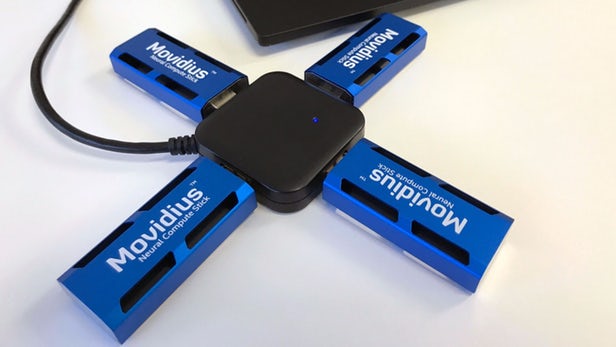
Breaking News
 Watch This BEFORE You Plant Carrots
Watch This BEFORE You Plant Carrots
 What Butter Does to Your Body in 14 Days
What Butter Does to Your Body in 14 Days
 What ACTUALLY Happens When You Pour Vinegar in a Washing Machine?!
What ACTUALLY Happens When You Pour Vinegar in a Washing Machine?!
 Silver Madness: CME Margin Spike + What It Means Next - Mike Maloney
Silver Madness: CME Margin Spike + What It Means Next - Mike Maloney
Top Tech News
 Laser weapons go mobile on US Army small vehicles
Laser weapons go mobile on US Army small vehicles
 EngineAI T800: Born to Disrupt! #EngineAI #robotics #newtechnology #newproduct
EngineAI T800: Born to Disrupt! #EngineAI #robotics #newtechnology #newproduct
 This Silicon Anode Breakthrough Could Mark A Turning Point For EV Batteries [Update]
This Silicon Anode Breakthrough Could Mark A Turning Point For EV Batteries [Update]
 Travel gadget promises to dry and iron your clothes – totally hands-free
Travel gadget promises to dry and iron your clothes – totally hands-free
 Perfect Aircrete, Kitchen Ingredients.
Perfect Aircrete, Kitchen Ingredients.
 Futuristic pixel-raising display lets you feel what's onscreen
Futuristic pixel-raising display lets you feel what's onscreen
 Cutting-Edge Facility Generates Pure Water and Hydrogen Fuel from Seawater for Mere Pennies
Cutting-Edge Facility Generates Pure Water and Hydrogen Fuel from Seawater for Mere Pennies
 This tiny dev board is packed with features for ambitious makers
This tiny dev board is packed with features for ambitious makers
 Scientists Discover Gel to Regrow Tooth Enamel
Scientists Discover Gel to Regrow Tooth Enamel
 Vitamin C and Dandelion Root Killing Cancer Cells -- as Former CDC Director Calls for COVID-19...
Vitamin C and Dandelion Root Killing Cancer Cells -- as Former CDC Director Calls for COVID-19...
Intel packs a neural network into a USB stick

Now, to make these powerful AI systems more accessible to smaller-scale developers and businesses, Intel acquisition Movidius is launching the Neural Compute Stick, which packs deep learning algorithms into a standard USB thumb drive.
Over the years, the brain-power of neural networks has been set loose on cancer screening, mapping the human genome, and creating trippy works of art. But most of these endeavors have come out of big organizations like Google.
With the Movidius Neural Compute Stick, Intel says it's "democratizing" the technology, so we might see creative applications from small-scale developers, such as rigging up an AI system to stop cats pooping on the lawn. The brain of the Stick is a Myriad 2 visual processing unit (VPU), which is specifically designed for mobile and wearable devices. That means it's fast and fully-programmable, yet has an ultra-low power consumption and a small physical footprint.



